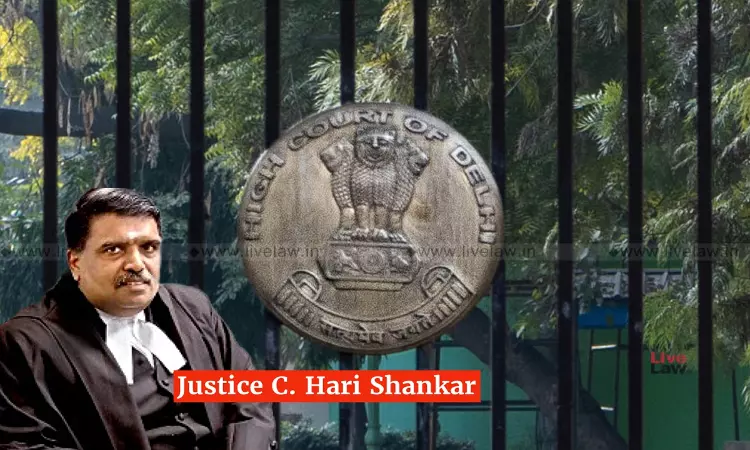Arbitration Clause Invalid If Contractor Cannot Select Arbitrator From Railway's Panel: Delhi High Court
Rajesh Kumar
29 Aug 2024 12:01 PM IST

Next Story
29 Aug 2024 12:01 PM IST
The Delhi High Court bench of Justice C. Hari Shankar has held that an arbitration clause is invalid if it does not allow the contractor to select an arbitrator from a panel provided by the Railway. The High Court noted that there was a significant distinction between the clause and the arbitration clause previously considered by the Supreme Court in Central Organization for...
